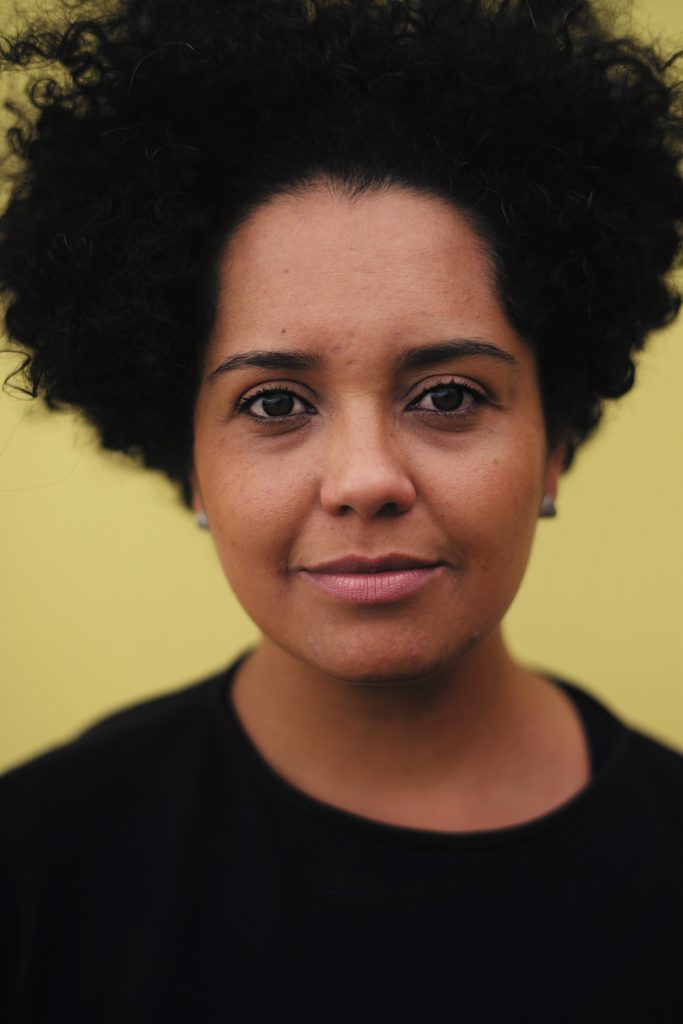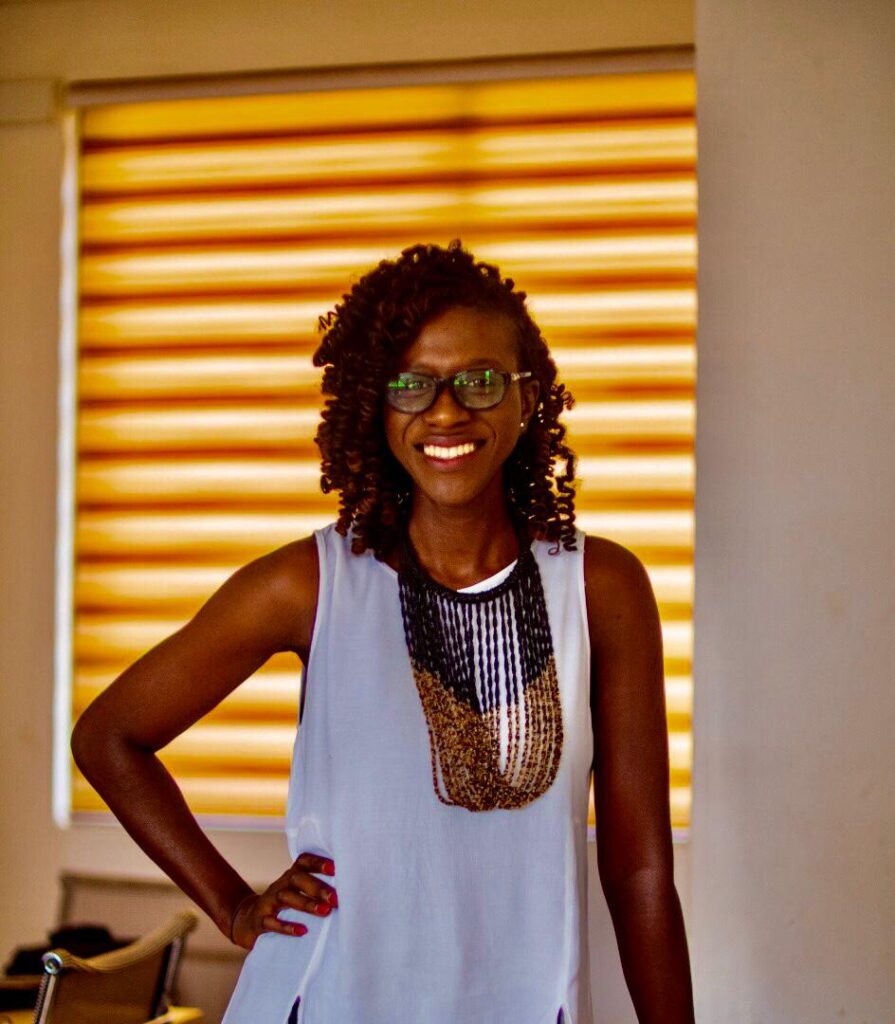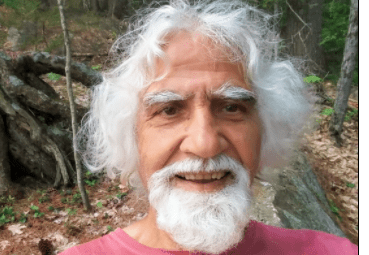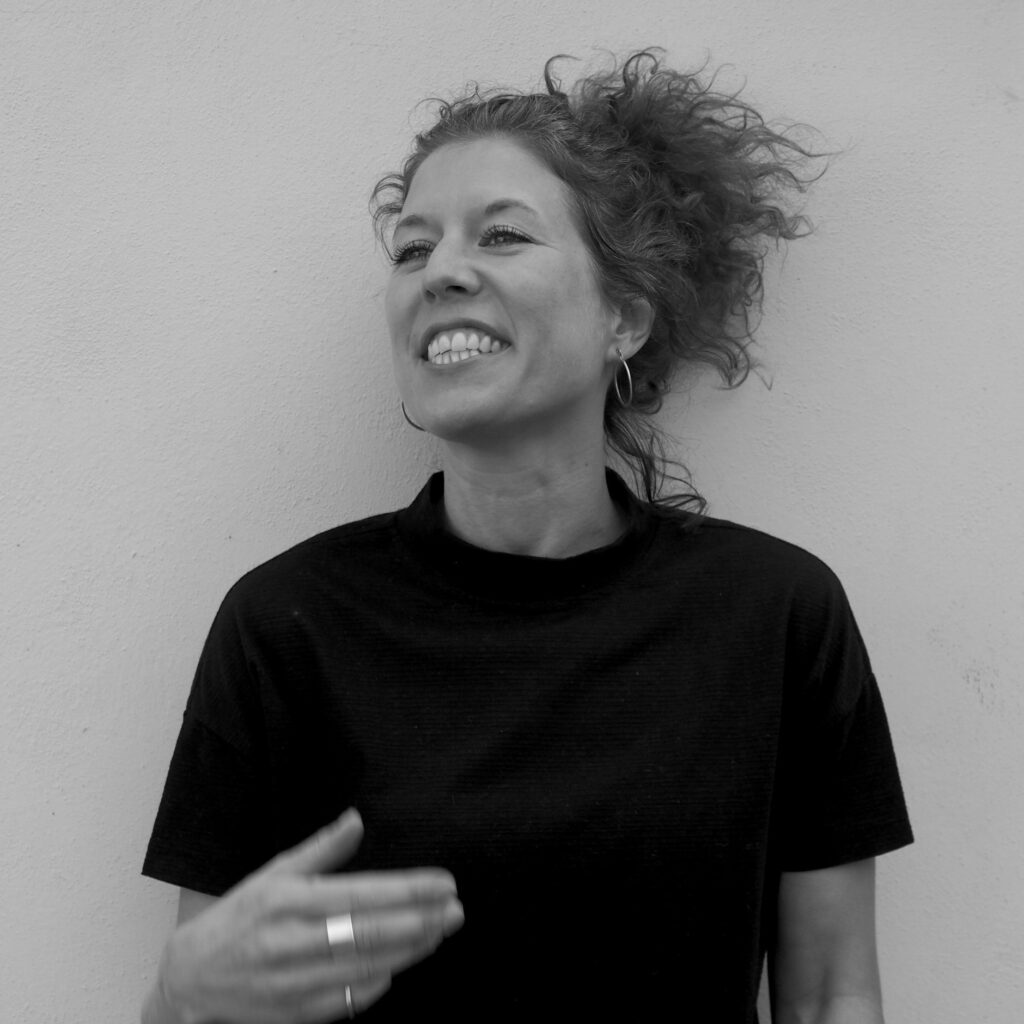
Our partner GIG is organising CoAct’s third webinar. This time we will discuss the framing of science by learning how scientifically rigor research is done outside academia. We want to take a global perspective, learning from participatory research initiatives in different contexts when asking questions, such as:
- How is scientific research understood?
- How is scientific research done from within civil society?
- How does civil society collaborate with academia in their research?
Three participatory researchers from civil society organisations in Brazil, Canada, and Ghana will share their work and experience with us. Building on their inputs we will open up to all participants for discussions. As an outcome of this webinar we wish to contribute to the collective shaping of a Citizen Social Science approach that is rooted in diversity and that accounts for all the multiple, and oftentimes marginal, practices that equally count.
Click here to register. The event is free of charge and will be held in English.
| Speakers: | |
| Bianca Santana, Brazil | |
| Joana Chemel, Ghana | |
| Khan Rahi, Canada | |
| Kersti Ruth Wissenbach, Spain |
Agenda and formats
| Section | |
| Arrival and Welcome | |
| Introduction – CSS from a global perspective framing | |
| ‘Global tasting stories’ – knowledge sharing on citizen engagement in their local research activities | |
| Panel discussion | |
| Q&A | |
| Sendoff |
Background
The unfolding of Citizen Social Science (CSS) in the wider field of Citizen Science is contributing new lenses to the general intention of citizen contributions to research. Inviting a Social Science perspective in also requests to ask new questions about the framing of citizen participation and about the understanding of power in the shaping as well as the execution of Citizen Social Science projects in different contexts. Citizen Social Science is still a field in the making, thus offering a new opportunity to critically discuss what citizen participation is to mean, where it starts and where it ends, and, to ensure that the approach will be shaped by diverse perspectives, avoiding repetitions of western, postcolonial nuances.
CoAct understands CSS as ‘participatory research codesigned and directly driven by citizen groups sharing a social concern’. However, and especially when taking a global perspective, accounting for local contexts on a global scale, the framing of science and the role of research emerging from outside of the academia play a fundamental role.
Despite reoccurring recognition of the role of citizen participation in socio-political change processes, we still largely find scientifically rigor research to be seen as deriving from within academic institutions. An open conversation about how to best define the co-creation of research and what the multiple facettes of academia and civil society can and should be is still in its infants. Nonetheless, we can still identify a predominant assignment of scientifically rigor or ‘valid’ research to emerge from within academia, perhaps with various degrees of civil society involvement in certain stages of a research process.
If CSS seeks to discuss the recognition of civil society actors as equal counterparts a discussion of how this role can fully be executed and owned must take place. This relates to the different power dynamics enacted by different spaces as well as to the different meaning making processes where civil society is in charge of research processes, perhaps inviting academic stakeholders in where needed. For CSS to account for its promises those are scenarios to take into consideration and discuss how a CSS approach can look like, that accounts for global understandings of science and that puts research rooted in academia and in civil society at eye-level.
In this webinar we which to embrace a wider lens on the shaping of science, learning from actors of vastly varying contexts, producing scientifically rigor research from within civil society.
Speaker biographies

Bianca Santana is a journalist and writer, with a master’s degree in education and a PhD in Information Science at the University of São Paulo. She is also columnist of the magazine Gama. As a member of UNEafro, she has collaborated with the Black Coalition for Rights and is now dedicated to the development of Casa Sueli Carneiro, a space to gather memories of anti-racist fight in Brazil. Author of the books “Quando me descobri negra” and “Continuo Preta”, a biography of Sueli Carneiro. Board member of Article 19 Brasil, Marielle Franco and Vladimir Herzog institutes.

Joana Chemel is a creative economy consultant who spends her time working on programs and projects that realize her passion for Human Dignity and the development of the African Youth. She is the Program Coordinator of the Ghana Design Network which seeks to develop the ecosystem of Design in Ghana and a Content consultant for PICHA, an Afrocentric visual content provider using images to change the narratives of modern Africans in the media. As a Design Thinking facilitator, she has engaged over 500 young girls, children and cumulatively over 1,000 young entrepreneurs, students and relevant stakeholders using Human Centered Design approach to train, draw out experiences and write stories for various partners such as UNICEF, UNDP, PACT Ghana and Kosmos Innovation Centre (KIC).

Khan Rahi, MA, is an Afghan Canadian Community-based Research Practitioner and Lecturer affiliated with the Canadian Community-based Research Network and the Loka Institute (USA). He has been an active contributor of scholarship, grassroots promotion and collaborator of CBR in affiliation with the World Social Forum on Science and Democracy (2013-2015) and the Science Shops and the Living Knowledge Network since its creation (2000). He has been a Member, Living Knowledge Conference Organizing Teams, Organizer and Presenter at all Living Knowledge Conferences held across EU since 2001. Khan’s recent CBR and current research practice include “Inequities in Covid19 Vaccination Programs in Toronto and Los Angeles” and “Revitalization of Multiracial Neighbourhoods in Toronto”, Canada.

Kersti is a political sociologist working at the intersection of communication, technologies and civic rights since the early 2000s. She has worked with activist groups, NGOs, and public institutions leading the strategic planning, policy advice, and implementation of diverse civic participation processes around the globe, including Rwanda, Mozambique, Nigeria, and Cambodia. Kersti is a participatory communication expert, working with a variety of co-creative methods in order to enable inclusive and context-driven project and strategy design processes. She is furthermore specialized in participatory and activist research bridging dialogue and action between civil society and academic research. Within CoAct, Kersti represents the Global Innovation Gathering, a global community of innovators and innovation spaces, as its Senior Content Lead.

